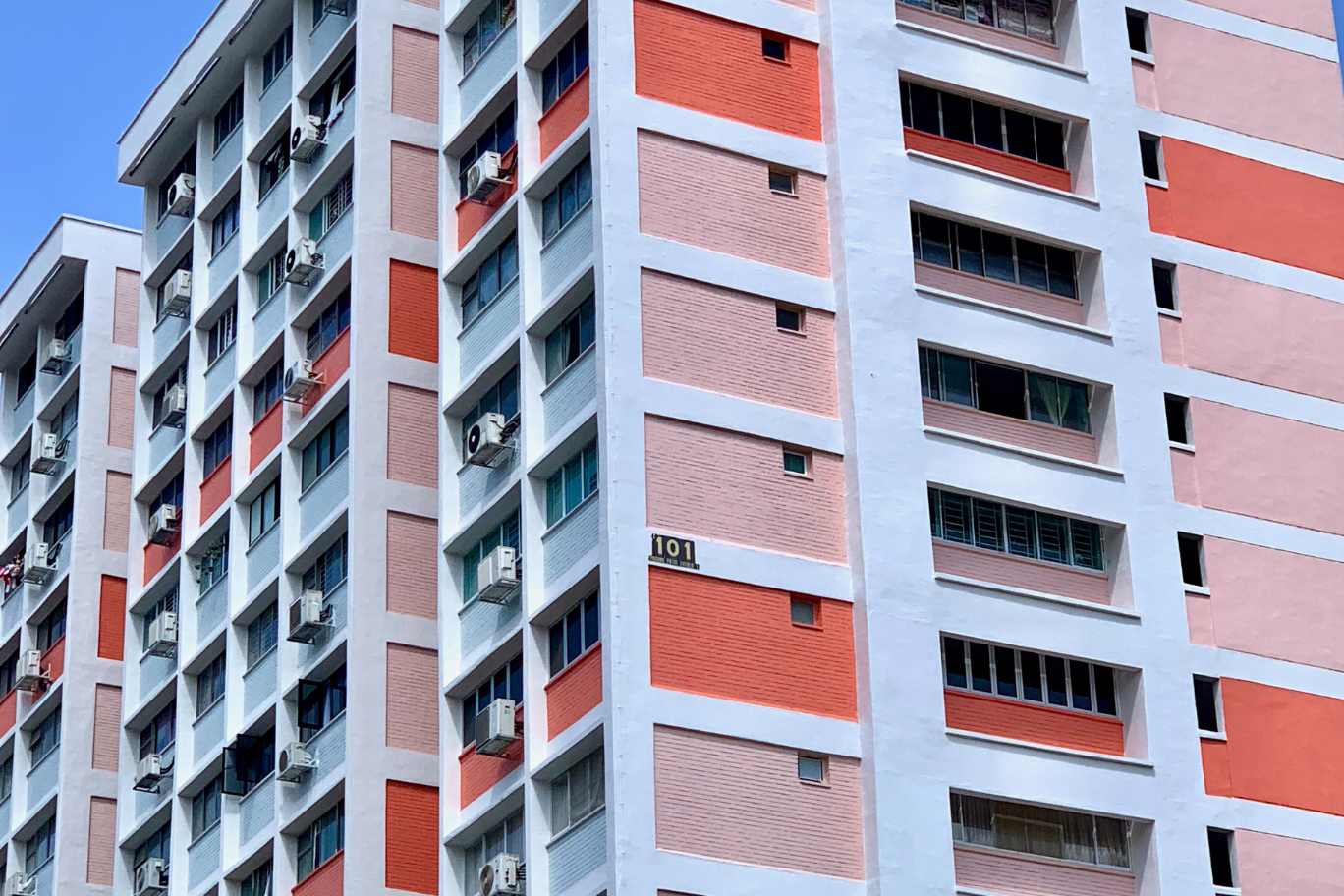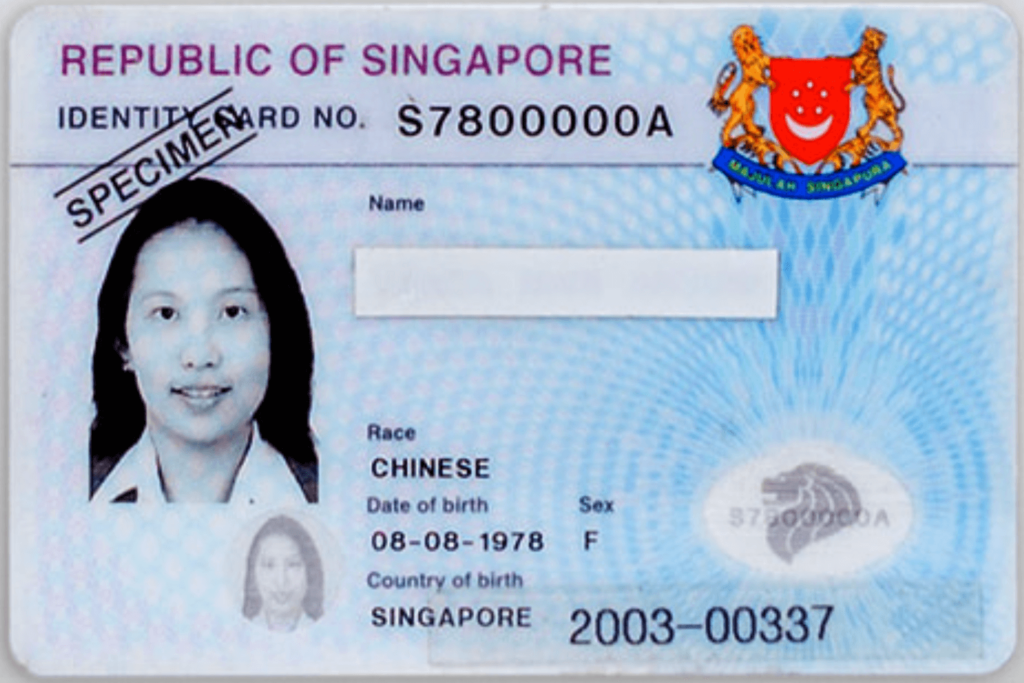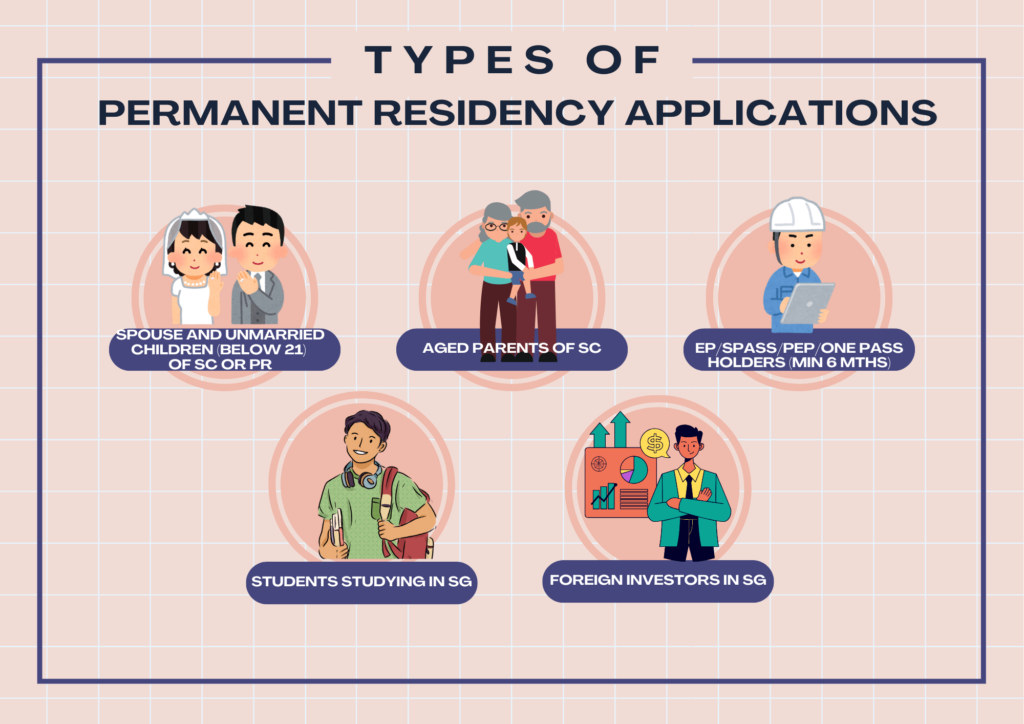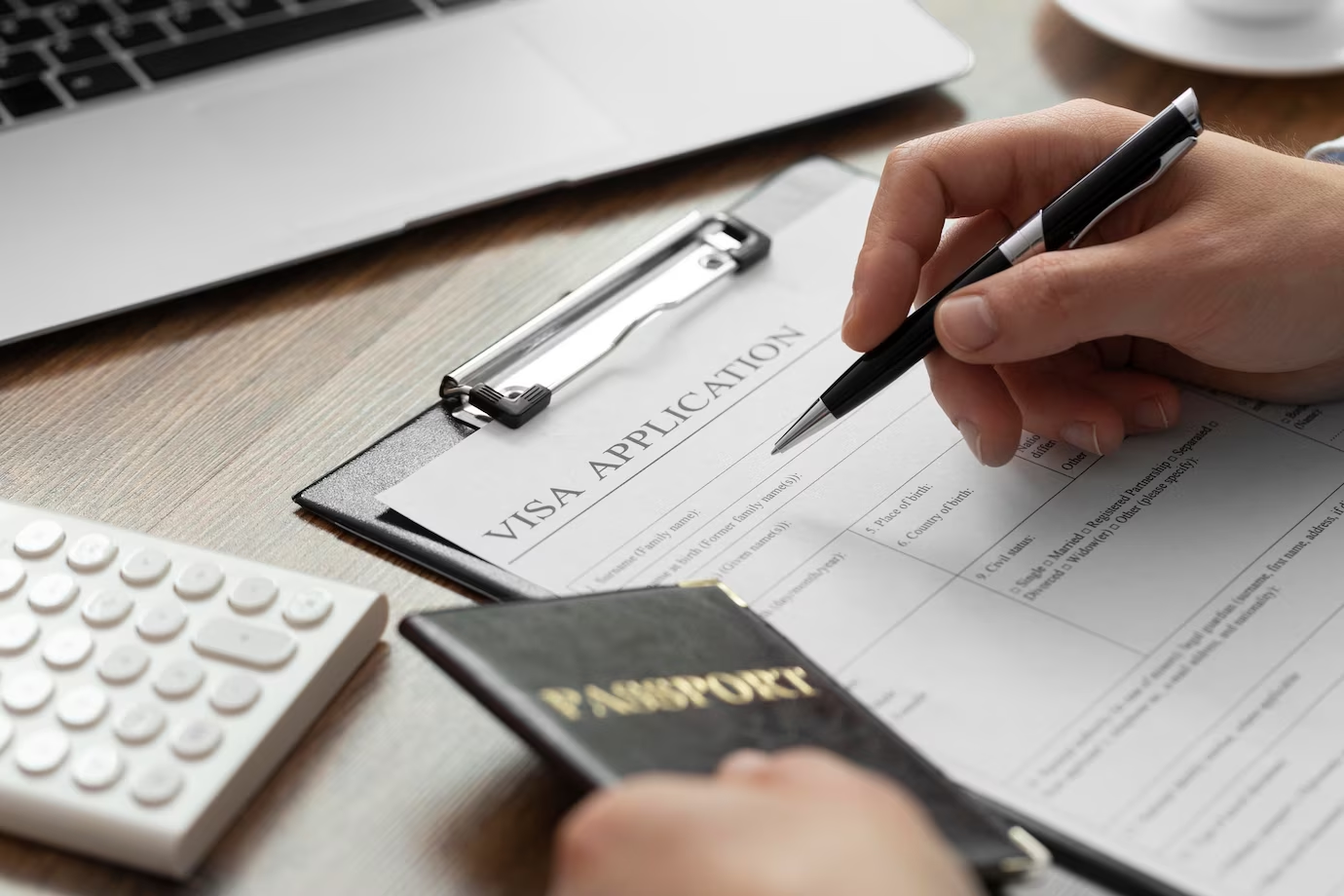Table of Contents
- Introduction to the EntrePass Scheme
- Who is Eligible for the EntrePass?
- Key Features of the EntrePass
- Eligibility Criteria for EntrePass
- EntrePass Application Process
- Required Documents for EntrePass Application
- Insider Tips for EntrePass Success
- Additional Resources for Entrepreneurs in Singapore
- EntrePass vs Other Singapore Work Passes
- Renewal and Validity of EntrePass
- FAQs on EntrePass
Introduction to the EntrePass Scheme
Singapore is renowned for being a top destination for entrepreneurs and innovators, offering a vibrant startup ecosystem, access to funding, and a strategic location. The EntrePass scheme allows foreign entrepreneurs to start and operate businesses that are venture-backed or possess innovative technologies in Singapore.
The EntrePass is designed to attract high-calibre individuals such as serial entrepreneurs, high-profile innovators, and experienced investors who want to create innovative solutions in Singapore.
If you’re exploring other pass options, consider the Employment Pass (EP) for salaried professionals or the Tech.Pass for tech experts who wish to work in high-growth areas.
Who is Eligible for the EntrePass?
EntrePass is open to foreign entrepreneurs of all nationalities. If you are interested in starting a venture-backed or innovative technology business in Singapore, you may be eligible for this pass. There is no minimum salary requirement for EntrePass applicants, unlike other work passes.
Eligibility Overview:
- You must have started or intend to start a Private Limited company registered with the Accounting and Corporate Regulatory Authority (ACRA).
- The company must be less than 12 months old from the time of application.
- The applicant must hold at least 30% share in the company.
Key Features of the EntrePass
The EntrePass offers several key benefits to entrepreneurs:
- Flexibility to start and operate a business in Singapore.
- Availability of passes for eligible family members, including Dependant’s Passes and Long-Term Visit Passes.
- No foreign worker levy or quota required for EntrePass holders.
- Validity: The initial pass is valid for 1 year, with subsequent renewals valid for 2 years upon meeting renewal criteria.
Eligibility Criteria for EntrePass
To qualify for the EntrePass, applicants must meet at least one of the following innovation or venture funding criteria:
1. Fundraising for a Business
You must have raised at least SGD 100,000 from a recognised investor for a past or current business. Eligible investors include:
- SEEDS Capital
- Vertex Ventures
- Partners under Enterprise Singapore’s Startup SG Equity (SSGE) Programme
- Internationally renowned Venture Capital (VC) firms, business angels, etc.
2. Support from Incubators or Accelerators
Your business must be supported by a government-recognised or internationally renowned incubator or accelerator. Examples include:
- Y Combinator
- MassChallenge
- Partners under Enterprise Singapore’s Startup SG Accelerator (SSGA) or Startup SG Founder (SSGF) programmes.
3. Founded and Sold a Tech Business
If you have founded and sold a venture-backed or innovative technology business, you will need to provide supporting documents such as:
- Incorporation documents
- Sale and Purchase Agreements
- Business plans outlining venture-backed status
4. Intellectual Property Ownership
Your registered or proposed business must own Intellectual Property (IP) that is registered with an approved national IP institution. The IP must provide a significant competitive advantage to your business.
5. Research Collaboration in Singapore
Your business must have an ongoing research collaboration with an Institute of Higher Learning (IHL) or Research Institution (RI) in Singapore. Examples of eligible institutions include:
- A*STAR
- Universities listed by the Campus for Research Excellence and Technological Enterprise (CREATE).
EntrePass Application Process
Step 1: Gather Required Documents
You will need several important documents for your application, such as:
- Personal particulars page of your passport
- Business plan (max 10 pages)
- Documents verifying venture funding or innovative technology criteria (e.g., funding agreements, research collaboration agreements, IP registrations)
Step 2: Submit Your Application Online
Apply online through Singapore’s Ministry of Manpower (MOM) website. The application fee is SGD 105.
If you don’t qualify for the EntrePass, consider exploring the Employment Pass as an alternative option for working in Singapore.
Step 3: Application Review
The review process can take up to 8 weeks. If additional documents are needed, MOM will reach out via email, which may prolong the review time.
Step 4: Receive Your In-Principle Approval (IPA)
Once approved, you will receive an In-Principle Approval (IPA) letter, which serves as a single-entry visa into Singapore for you to finalise your EntrePass.
Step 5: Get Your EntrePass Issued
You must be in Singapore to get your EntrePass issued within 6 months of receiving the IPA letter. Once issued, you can start operating your business in Singapore.
Required Documents for EntrePass Application
Here’s a comprehensive checklist of documents you need to submit when applying for an EntrePass:
- Passport particulars page
- Business plan (up to 10 pages) detailing your product or service, market analysis, operational plans, and management profile.
- Supporting documents such as product certifications, IP registrations, or funding agreements.
- Curriculum vitae (CV) highlighting your professional experience.
- Past employment testimonials, professional awards, and recognitions.
Additional documents may be required based on the eligibility criteria you are applying under.
Insider Tips for EntrePass Success
Here are some key insider tips to ensure your EntrePass application stands out:
- Avoid Common Mistakes: Many applicants fail to provide enough detail in their business plans, especially around their product’s unique value proposition and market analysis. Make sure your business plan clearly demonstrates your product’s innovation and competitive advantage.
- Strengthen Your Business Plan: Emphasize any proof of concept, pilot projects, or strategic partnerships that demonstrate your business’s growth potential. Including testimonials from investors or clients can boost credibility.
- Leverage Local Networks: Reach out to Singapore-based incubators and accelerators early in the process. Being able to name a recognised local partner in your application could strengthen your chances.
Additional Resources for Entrepreneurs in Singapore
Starting a business in a foreign country can be challenging. Below are key resources available in Singapore that can help you navigate the entrepreneurial ecosystem:
- Startup SG Equity: Provides matched funding for venture-backed startups.
- Enterprise Development Grant (EDG): Supports businesses in innovation and international expansion.
- Action Community for Entrepreneurship (ACE): A platform for networking, mentorship, and collaboration in Singapore’s startup scene.
You can also explore co-working spaces like WeWork, The Working Capitol, and JustCo, which provide great networking opportunities.
EntrePass vs Other Singapore Work Passes
If you’re wondering how the EntrePass compares to other work passes, here’s a quick overview:
- EntrePass vs Employment Pass (EP): While the EP is designed for salaried employees working in Singapore, the EntrePass is tailored specifically for entrepreneurs who want to start or run a business. Learn more about the Employment Pass if you’re considering a job-based work pass.
- EntrePass vs Tech.Pass: The Tech.Pass is ideal for tech experts who want to work in high-growth areas, but it does not allow for the creation of a business in the same way the EntrePass does.
The flexibility of the EntrePass makes it a better choice for founders who are focusing on innovative or venture-backed businesses.
Renewal and Validity of EntrePass
The EntrePass is valid for:
- 1 year for new passes and the first renewal.
- 2 years for subsequent renewals, provided you meet the renewal criteria set by MOM.
EntrePass holders must ensure that their business continues to meet the innovation criteria and generates local employment to qualify for renewal. For those interested in long-term residence, once you meet certain conditions, you may also be eligible to apply for Permanent Residency (PR) in Singapore to solidify your commitment to the country.
FAQs on EntrePass
1. Can I bring my family members with me?
Yes, EntrePass holders can bring their spouse and children via Dependant’s Passes or Long-Term Visit Passes.
2. How long does it take to process the EntrePass?
It typically takes 8 weeks to process an EntrePass application, although this can vary if additional documents are required.
3. What happens if my application is rejected?
You can appeal the decision within 3 months of receiving the rejection notice. Be sure to address the reasons for rejection in your appeal and provide additional supporting documents.
4. What businesses are not eligible for EntrePass?
Certain businesses, such as coffee shops, massage parlours, nightclubs, and employment agencies, are not eligible for EntrePass.
5. Can I switch to another pass if I don’t qualify for EntrePass?
If you don’t meet the eligibility requirements for EntrePass, you may explore other work passes, such as the Employment Pass (EP) or Tech.Pass, depending on your role and background.
6. How much does it cost to apply for the EntrePass?
The application fee is SGD 105. If your application is successful, there’s an additional SGD 225 fee for pass issuance and SGD 30 for a Multiple Journey Visa (if applicable).
7. How can I enhance my chances of getting approved?
To enhance your chances of approval, ensure that your business plan clearly shows innovation, market relevance, and growth potential. Additionally, securing support from recognised incubators or venture capitalists can significantly strengthen your application. For those needing legal or expert assistance, you may find our guide to top immigration lawyers in Singapore helpful, especially for appeals or complex cases.
Let Transform Borders Simplify Your EntrePass Application
Applying for the Singapore EntrePass can be a complex and time-consuming process, especially with the numerous documents, eligibility criteria, and regulatory steps involved. At Transform Borders, we specialise in streamlining the entire process for you, ensuring that your application is not only complete but also stands the best chance of approval. Our expert team will take care of the paperwork, guide you through each step, and address any concerns that arise, so you can focus on growing your business.
If you’re also considering long-term residency, learn more about the PR application process.























